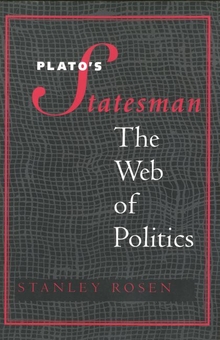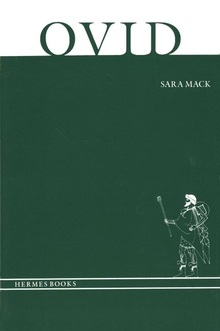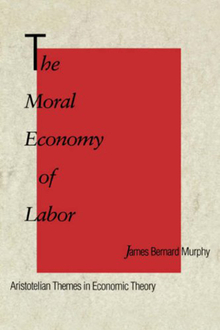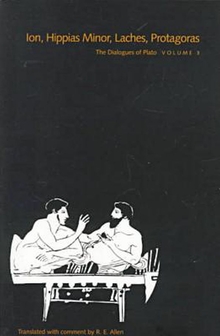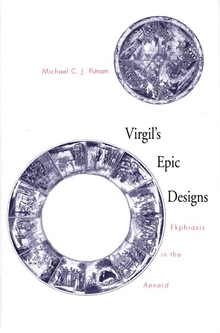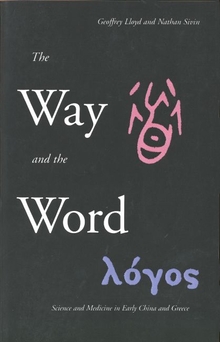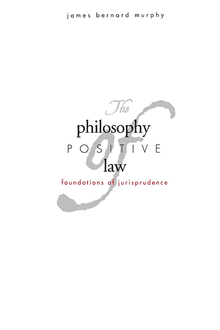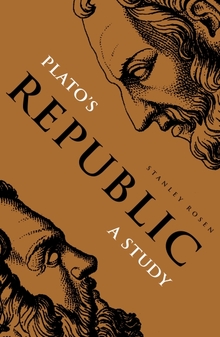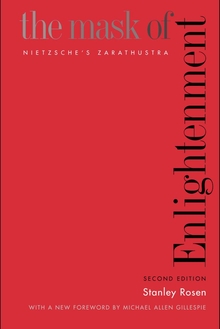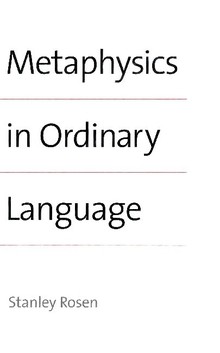Plato's "Statesman"
WARNING
You are viewing an older version of the Yalebooks website. Please visit out new website with more updated information and a better user experience: https://www.yalebooks.com
The Web of Politics
Stanley Rosen
The Statesman, like Plato's earlier Sophist, features a Stranger who tries to refute Socrates. Much of his conversation is devoted to a minute analysis of the art of weaving, selected by the Stranger as a paradigm of the royal art of politics, for he conceives of the city as an artifact. But the Stranger's successive efforts to find a method for defining the art of politics are failures, because there is no fitting model or technique of measurement by which to grasp politics that includes within its scope the totality of human existence—there is, suggests Plato, no technical construction of politics. Rosen reflects on the relevance of Plato to contemporary debates about political reconstruction on the one hand and about the deeper issue of the supposed end of modernity on the other. He argues that, far from being the father of essentialism and the reification of human nature, as others have suggested, Plato elaborates a rhetoric of politics as self-defense against nature. Just as weaving produces clothing to protect the body against the elements, so the statesman must produce myths or local models to protect the soul against the body.
"The Statesman may well be Plato's most difficult work. Rosen's interpretation is penetrating and original, with a rich and humorous description of the recalcitrant details of the dialogue."—David K. O'Connor, University of Notre Dame
"Rosen tries by explaining the dialogue's philosophical methodology to appeal to readers other than those who specialize in Plato. He succeeds by means of his lucid prose and ordered presentation of the dialogue's twists and turns. A necessary book for all levels of thoughtful readers."—Choice
"[Rosen] succeeds . . . in presenting the often obscure intellectual challenges of the dialogue, and so deserves careful consideration from students of Plato."—Kinch Hoekstra, Times Literary Supplement
"For any serious student not only of the Statesman in particular, but of Platonic philosophy in general, The Web of Politics presents an important resource as well as a serious challenge."—Evanthia D. Speliotis, The Review of Politics
"Like Rosen's other works on Plato, this book offers a detailed analysis of a single dialogue. Rosen divides the dialogue into nine sections and devotes a chapter to each with fine insights on specific points."—James A. Arieti, Religious Studies Review
Publication Date: September 23, 1997

